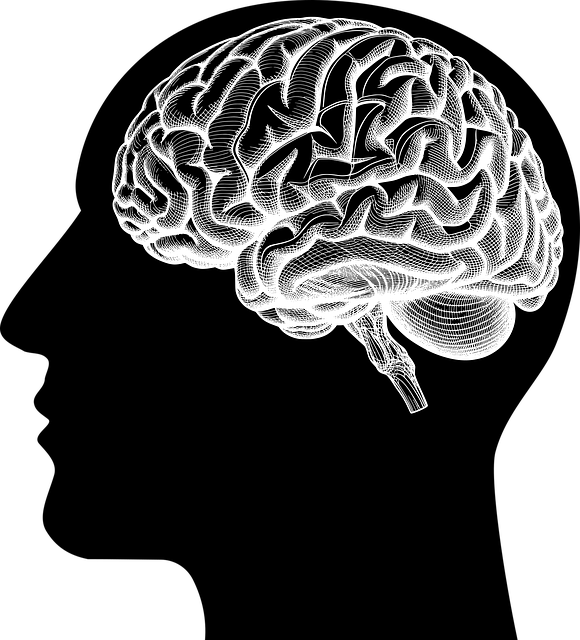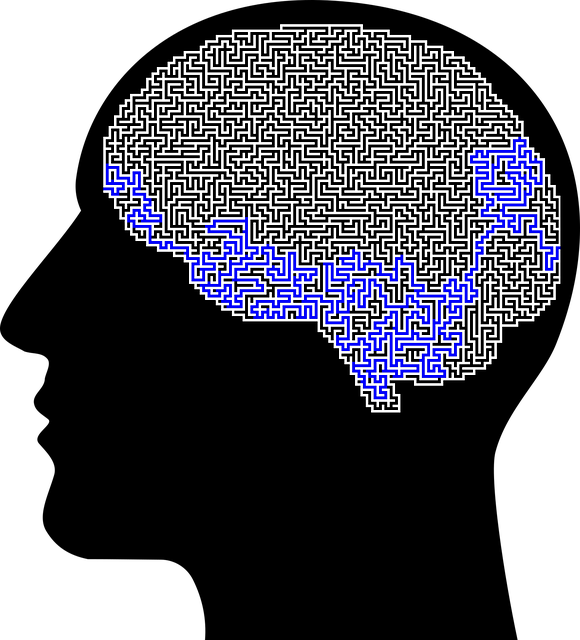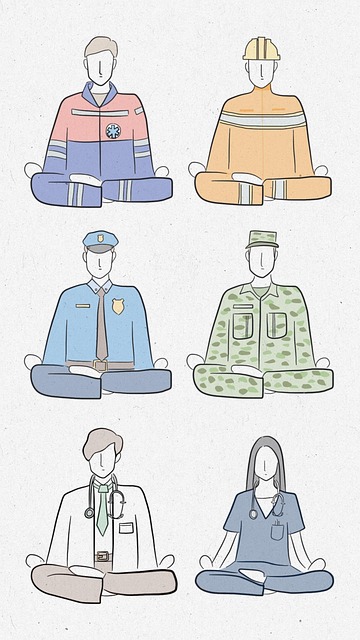The RFM (Recovery, Flexibility, Mastery) framework is a powerful tool in Superior Major Life Transitions Therapy, enhancing mental health education and resilience. By focusing on adaptability, emotional intelligence, and personal growth, this holistic approach equips individuals to navigate life changes healthily. Techniques like mindfulness meditation strengthen resilience, enabling folks to thrive during turbulent times. RFM exercises integrate stress reduction, emotional regulation, and mental wellness practices, fostering skill-building for effective self-care and enhanced overall well-being. Real-world success stories highlight the model's positive impact across various settings.
“Resilience is a powerful tool for navigating life’s challenges, especially during major life transitions. The RFM (Resource-Strengths-Gaps) model offers a unique framework to enhance mental well-being and adaptivity. This article delves into the strategic integration of RFM exercises within therapy sessions to support individuals in managing stress and adversity. By examining superior major life transitions and their impact, we uncover valuable insights for practitioners, illustrating practical applications and case studies that demonstrate improved client outcomes through consistent RFM practice.”
- Understanding RFM and Its Role in Resilience Building
- Identifying Major Life Transitions and Their Impact
- Integrating RFM Exercises into Therapy Sessions
- Practical Applications and Case Studies
- Enhancing Client Outcomes through Consistent Practice
Understanding RFM and Its Role in Resilience Building

Resilience is a vital component of overall well-being, especially when navigating superior major life transitions. RFM (Recovery, Flexibility, and Mastery) is a powerful framework designed to enhance resilience by focusing on these key aspects. This approach recognizes that life’s challenges often demand adaptive responses, and building mental health education programs around RFM principles can be transformative. By fostering flexibility in thought and behavior, individuals gain the tools to navigate unforeseen circumstances with greater ease.
In the context of therapy for significant life changes, RFM strategies offer a holistic approach to mental health policy analysis and advocacy. It encourages clients to embrace change as an opportunity for growth by cultivating a sense of mastery over their emotional reactions. This proactive mindset promotes not just survival but also thriving during turbulent times. Integrating practices like mindfulness meditation into the RFM model further strengthens resilience, enabling individuals to remain grounded and centered amidst life’s unpredictable journeys.
Identifying Major Life Transitions and Their Impact

Major life transitions, such as changing jobs, moving to a new city, or experiencing the loss of a loved one, can significantly impact an individual’s mental health and overall resilience. These transitions often bring about a mix of emotions, from excitement to fear and anxiety. Recognizing and understanding these shifts is crucial for implementing effective strategies to build resilience. The RFM (Resilience, Flexibility, and Mastery) model, for instance, emphasizes the importance of navigating life’s challenges with adaptability and personal growth.
Superior major life transitions therapy involves helping individuals process and manage these emotions healthily. Mindfulness meditation, communication strategies, and public awareness campaigns development can play pivotal roles in fostering resilience. By incorporating these techniques, people can better cope with life’s twists and turns, ensuring they emerge stronger and more equipped to face future challenges.
Integrating RFM Exercises into Therapy Sessions

Integrating RFM (Resilience, Flexibility, and Mastery) exercises into therapy sessions offers a dynamic approach to enhancing clients’ resilience, particularly during major life transitions. These exercises are designed to help individuals navigate challenging situations with greater emotional intelligence and adaptability. In Superior Major Life Transitions Therapy, therapists can utilize RFM techniques to prepare clients for the inevitable ups and downs that come with significant changes, such as career shifts or personal milestones.
By incorporating practices like mindfulness meditation, cognitive reframing, and problem-solving strategies, therapists empower their clients to build emotional resilience. This not only aids in burnout prevention but also equips them with effective conflict resolution techniques. Such an integrated approach ensures that therapy sessions are engaging and impactful, fostering a sense of agency among clients as they learn to embrace change and cultivate a stronger mental framework.
Practical Applications and Case Studies

The practical applications of RFM (Resilience and Flexibility Model) and resilience-building exercises are vast, particularly in navigating superior major life transitions. Therapy sessions can be tailored to employ these methods, offering individuals effective stress reduction techniques to cope with significant changes. By integrating RFM into therapy, professionals can guide clients towards fostering adaptability and emotional resilience, enabling them to thrive rather than merely survive during challenging periods.
Case studies have shown the positive impact of these exercises in various settings. For instance, public awareness campaigns development centered around promoting mental wellness has successfully utilized RFM to educate communities on managing stress and conflict resolution techniques during times of crisis. This approach not only enhances individual resilience but also contributes to a more robust and cohesive society, demonstrating the power of such interventions in real-world applications.
Enhancing Client Outcomes through Consistent Practice

Engaging in consistent practice is a powerful tool for enhancing client outcomes, especially during significant life transitions. The process of Regularly Facilitated Mindfulness (RFM) exercises offers individuals an opportunity to develop resilience and navigate challenges more effectively. Through regular sessions, clients can learn valuable techniques to manage stress, improve emotional regulation, and foster mental wellness. This consistent practice is akin to honing a skill; the more it’s used, the stronger it becomes.
By incorporating RFM into therapy, especially in the context of Superior Major Life Transitions Therapy, practitioners provide clients with practical tools for self-care. Mental Wellness Journaling Exercises and guidance on Mindfulness can empower individuals to better understand their emotions and reactions. Additionally, designing comprehensive Mental Health Education Programs can equip clients with knowledge and strategies to cope with life’s curveballs, enhancing their overall resilience and well-being. Social Skills Training also plays a crucial role in building supportive connections, further reinforcing the benefits of consistent practice.
The implementation of RFM (Resilience-focused Mindfulness) exercises has proven to be a powerful tool in enhancing clients’ resilience, especially during superior major life transitions. By integrating these practices into therapy sessions, professionals can effectively support individuals in navigating challenging situations with greater adaptability and emotional well-being. The practical applications highlighted in this article demonstrate the potential for RFM to foster significant positive changes in client outcomes, offering a valuable asset to modern therapy practices.









